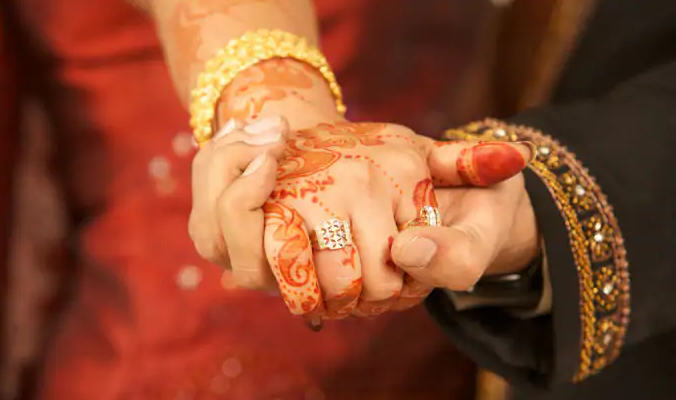At a time when several BJP-ruled states are mulling legislation against ‘love jihad’, a term often used by right-wing groups to target relationships between Moslem men and Hindoo women, which, they say, is an elaborate ruse to forcibly convert the women, Odisha Chief Minister Naveen Patnaik is moving towards social harmony which has been a linchpin of his administration for the past 20 plus years.
The state government recently hiked the inter-caste marriage incentive from Rs 1 lakh to Rs 2.5 lakh. Naveen Patnaik’s administration has put the whole application system online to take the initiative closer to people. The stated objective of the scheme is to promote inter-caste marriages in the state. This is definitely a welcome initiative.
The regional party-led government’s move to embrace the social equity principles of Dr BR Ambedkar is laudable at a time when seeking votes using caste and religion have become the national centrepiece of some political parties during election campaigns.
On the other hand, Indian politics has lately tended to veer towards everyone using inflammatory rhetoric bordering on religious hatred to target and turn one community against another and polarise the electorate. While the BJP has openly used the anti Moslem plank for getting votes, other parties too have followed suit, albeit in milder forms.
India’s strength lies in unity in diversity but the kind of rhetoric coming from top politicians goes against the very interest of national cohesiveness.
The ‘love jihad’ narrative fanned by certain groups a decade ago has now gone mainstream. Interestingly, all this is even after the term was disowned by the government. In February 2020 the Union Home Ministry, in a reply to a Member’s question, informed the Parliament that the term was not defined under existing laws and no case had been reported by any central agency.
“Article 25 of the Constitution provides for the freedom to profess, practice and propagate religion subject to public order, morality and health,” said Minister of State for Home Affairs, G Kishan Reddy.
Recently, jewellery brand Tanishq pulled an advertisement featuring a baby shower for an inter-faith couple after it was vociferously criticised on social media for allegedly promoting love jihad. The company said it had made the decision “keeping in mind… the well-being of our employees, partners and store staff.”
After the BJP lost the elections in Rajasthan, Madhya Pradesh and Chhattisgarh in 2018, many thought that the party would reset and rethink its election strategy in resonance with people’s wants and desires but Bihar could prove the adage ‘old habits die hard’ true.
Apart from any beliefs or convictions, it is in everyone’s interest that government and political parties be kept at a safe distance from the personal lives of citizens. Some may find US President Donald Trump’s racist policies to be attractive now. However, if he should lose this election then those who have exposed themselves as being racists may find themselves without the support and back up of the American system. That could jeopardize their own or their family’s safety. This implies, in every democracy there is a certainty of change of the political party in government. Therefore, if we teach the governance system of the country to dance to a certain tune just because it suits us now, we should be prepared for that same system to be used unethically against our interests when the political party holding the reins of the government changes. In brief, never allow the tiger to become a man eater.
